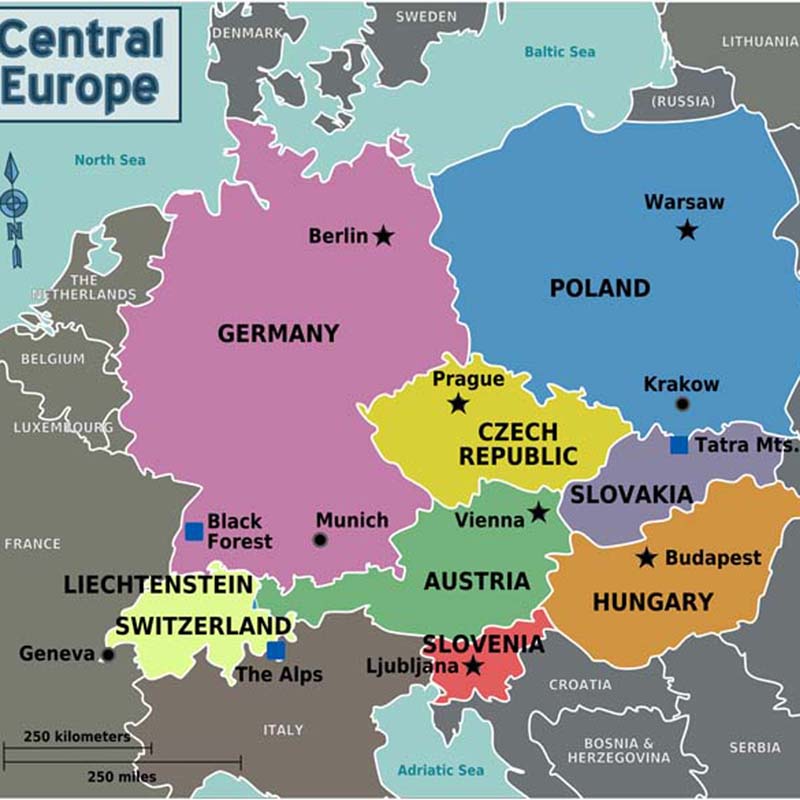
The current view of political life in ex-communist Europe has two scenarios – Central Europe, from the Baltic nations down to Poland, the Czech Republic, Slovakia and Hungary, and Eastern Europe, with all the other nations, into which to some extent Greece must be included – and three determining factors. These factors are: poverty (material, civic and moral), fear and social isolation. The division of behaviour within these two Europes is a result of the fact that while they all experienced communist dictatorship, the social and cultural substrata differed substantially in Eastern and Central Europe. This is so obvious that there is no need for explanation of the "Prague Spring", nor the frustrated Magyar uprising, nor the stoning of the Soviet tanks by the people of East Berlin. Neither do we need to explain the infinite submissiveness of Romania and Moldavia, nor Milosevic's wars in Yugoslavia or Greece's oneiric lawsuit against Skopje over its right to call itself Macedonia. All these topics will be covered in the lecture. However, there will not be any allusion whatsoever to the future – neither the immediate nor the medium-term – that awaits Eastern Europe, since it is totally unforeseeable, given the fact that it is completely dependent on the correlation of political-financial forces that are taking place in the Old Continent.
Cycle: The State of the world - IV Central Europe and its transitions
Organized by: Residence for Researchers